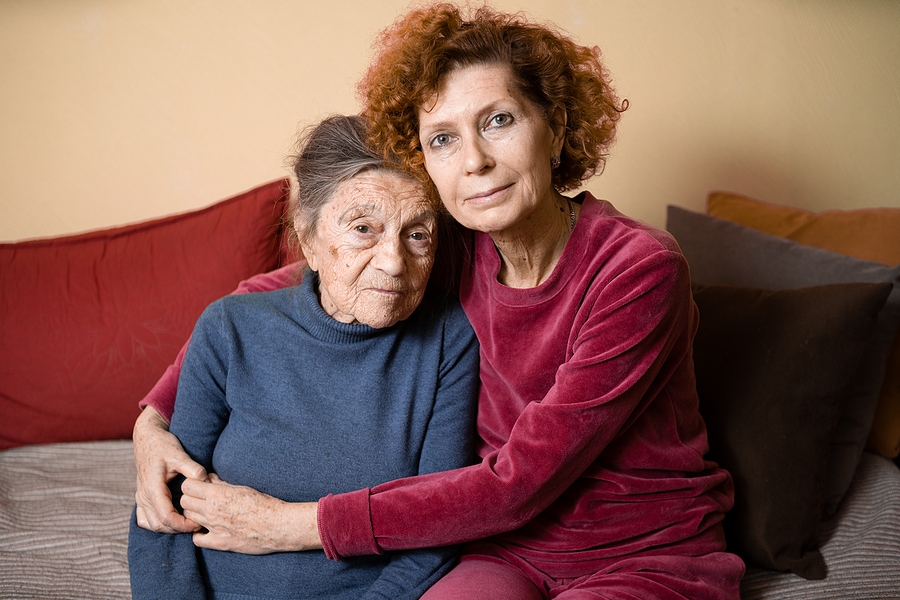How to Handle Caregiver Stress
Nearly a third of the US population are caregivers of some sort. Most of those are women, either wives or daughters of those receiving care. Being a caregiver is a labor of love, allowing the recipient to live independently in their own homes rather than a long-term care facility. Becoming a caregiver can seem overwhelming at first, but there are things that can be done to make life easier and healthier for both the caregiver and loved one.
The first thing to understand as a caregiver is that you are not alone. There are numerous support groups out there. Some are condition specific groups, that focus on a particular illness or disability. Others are relationship-oriented, focusing on those who are caring for a parent or spouse, regardless of their condition. Your local hospital’s social work department, your church, adult day care centers, and area agencies on aging are good resources for finding a local support group. Even if there are no support group meetings in your area, there are online support group forums available where caregivers can give support and encouragement to one another.
A practical strategy for making things simpler for you is to keep paperwork organized. Whether it be legal documents, medication lists, health history or phone numbers of doctors and pharmacies, keeping this information updated and in order will help you stay on top of things. You may also want to consider using an app to keep all medical information at your fingertips if needed in an emergency situation.
For caregivers, one thing that is often overlooked is accepting help when it is offered. Some people have a hard time admitting they need help. If someone you trust wants to help, let them! Give them specific ideas on what you need. Suggestions might include picking up a few items from the store, cooking a meal or driving your loved one to a doctor’s appointment. Many hands make the load light. Don’t feel guilty for accepting help. Do it for your emotional well-being. Allowing others to help can also keep you from feeling isolated and overwhelmed.
Respite care can be arranged for your loved one for an afternoon or a few days a week. Watch for signs of depression in yourself. There’s no shame in going to counseling. Make sure you are getting enough sleep, exercising (even if it’s just going for a daily walk), getting proper nutrition in your diet and staying hydrated. Keep your immune system strong by taking a quality multiple vitamin, such as NSC Gold Multiple Vitamins & Minerals.
That brings us to the last, but most important part; taking care of yourself. Your physical, mental and emotional health are just as important as that of your loved one. Most caregivers and those they care for are confined to a small area that can be mentally challenging. Think about it. If you as the caregiver get sick or hurt, what happens to your loved one? You have to be strong enough and well enough to care for him/her. That means taking time for yourself out of confinement to do something that brings you joy, peace and/or encouragement. Schedule activities if necessary.
Being a caregiver is one of the most demanding, challenging and at the same time most rewarding challenges. Those being cared for, often in some state of dementia or mental decline, can be difficult and even rude, making you feel unappreciated and possibly with hurt feelings. At those times, you must focus on the positive and try to recall the good moments from the past. Don’t be self critical. Give yourself credit for doing the best you can and remember to take care of yourself with pride as one of millions of needed caretakers. Thank you for being you!






